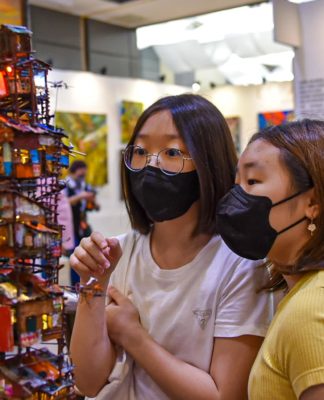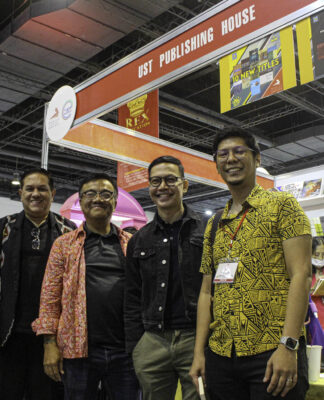 THE GOOD news is that the Philippines is once again on top. The bad news is that it’s for all the wrong reasons.
THE GOOD news is that the Philippines is once again on top. The bad news is that it’s for all the wrong reasons.
Our country has just been ranked by the United Nations (UN) as “the most dangerous place” for journalists, beating Somalia, Iraq and Pakistan.
What gave the Philippines the unwanted top spot was the heinous Maguindanao massacre which resulted in the deaths of 57 civilians, 27 of whom were journalists. This just adds to the growing number of journalists killed during the administration of President Macapagal-Arroyo, which an Inquirer report has pegged at around 74 since she came into power.
It is ironic that for a democratic country, the Philippines holds a deplorable reputation of being the most fatal for journalists? We claim to be a democracy, respecting suffrage and other rights, yet women on their way to file certificates of candidacy and members of the media who are covering them are mowed down by gunfire?
Despite the country’s attempt to move forward as a democratic nation, it is unfortunately being held back by a government that applies a vice grip on the nation and prevents it from advancing by turning a blind eye on rampant extra-judicial killings.
We cannot really call our country “democratic” or “free” because it lives in fear of its safety. These words turn into an oxymoron when placed side by side with the grim reality of a culture of violence engendered by a government in cahoots with warlords, criminal syndicates, and corruptionists.
I would not be surprised if the Maguindanao issue would soon lose steam and be dismissed simply as an ugly event of the past, placed in the back shelf to collect dust along with the now-forgotten fertilizer fraud and NBN-ZTE and the “Hello Garci” scandals.
The UN report cannot be any clearer — journalists in this country risk their life by doing their job, and the hazards they face have been multiplied because government appears to be abetting the violence committed against them.
As an aspiring journalist myself, I cannot help but be rattled with the bleak future that awaits me upon graduation. Apart from the low pay, journalism graduates have to come to terms with the fact that once they become professional journalists, they have to watch their backs.
The Maguindanao incident has again united us, journalists and aspiring ones. Hundreds of journalists from different publications have rallied all over the country to show their support for their murdered journalist-brothers. They are there at the forefront, pressuring the administration to bring to justice the murderers.
A brother looking out for his brother. Though they may all come from competing publications, journalists are brought together in their unending search for the truth and the desire to deliver it to the public.
Perhaps the tragedy in Mindanao might discourage other writers in pursuing the truth, but for others, it can only be a moving force that compels them to stick to their calling come what may.
















